“If a remote cooperative can use a digital platform to sell agricultural products to the world, that is a real success of national digital transformation,” emphasized Dr. Tran Duy Ninh, Director of the National Digital Transformation Agency, Ministry of Science and Technology .
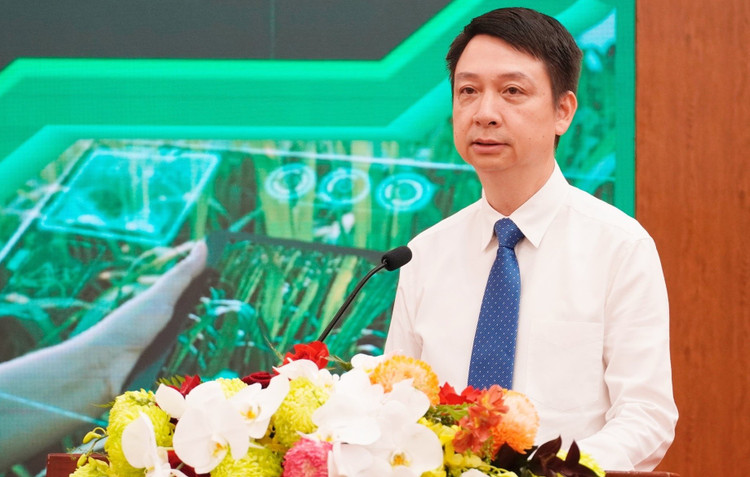
Agriculture , the most difficult but most worthy field for digital transformation
Dr. Tran Duy Ninh commented that agriculture has always been one of the most difficult fields to digitally transform due to its small scale, dispersed production, limited infrastructure and resources. However, this is the most worthy field to work in because the spillover effect is huge.
“If a remote cooperative can use a digital platform to sell agricultural products to the world, that is a real success of national digital transformation,” he shared.
According to Mr. Ninh, Vietnam is entering a new phase of digital transformation, after the first 5 years of implementing the National Strategy on Digital Transformation. The Ministry of Science and Technology, as the Government's standing agency promoting digital transformation, is implementing a series of new activities, including the Law on Digital Transformation, an important framework law expected to be passed by the National Assembly on December 11, 2025.
A notable point is that the resources for digital transformation have been institutionalized, and for the first time, the budget for digital transformation has been set at 1% of GDP. “Previously, we only tried to reach this figure, but it was not legalized. Now there are clear regulations, creating more favorable conditions for all parties participating in digital transformation,” he said.
Building a “digital cooperative” platform
Another important point in the Digital Transformation Law, according to Mr. Ninh, is the national overall architecture framework. This is the core foundation to help ministries, branches and localities build a unified information system, database and digital platform.
Previously, each agency hired a separate company to develop software, leading to dispersion, waste and difficulty in connecting. This time, the national architecture framework clearly defines two components: shared and private. The shared component will directly serve the people, including farmers and cooperatives.
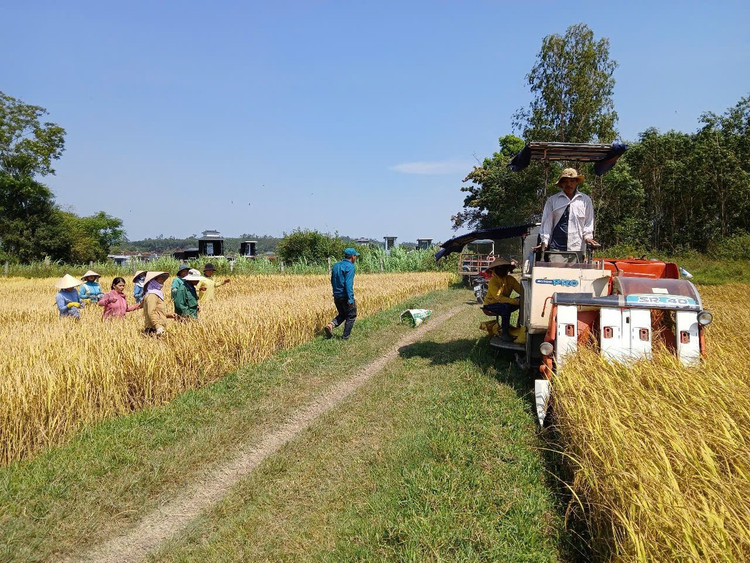
The Ministry of Science and Technology has issued a list of 84 national shared platforms. A platform specifically for agriculture is being proposed to be added. He hopes the Ministry of Agriculture and Environment will soon register a digital cooperative platform so that all cooperatives can share it, instead of each place having to develop its own software.
In addition, according to Mr. Ninh, mobilizing technology enterprises to accompany is an indispensable factor. Currently, one of the biggest problems of the cooperative sector is the lack of IT human resources. Therefore, the most feasible solution today is the companionship of enterprises. In many pilot models, enterprises have played an important role not only in funding equipment, but also in sending experts and engineers directly to the localities to guide and train.
According to Mr. Ninh, the three important factors of digital transformation in agriculture are infrastructure, platform and resources. “When these three factors are cleared, digital agriculture will enter a stage of sustainable and synchronous development,” Mr. Ninh said.
Data, connectivity and people, the foundation of rural digital citizenship
Regarding data, Dr. Ninh said that the National Data Center managed by the Ministry of Public Security will be the place to concentrate and store data of industries, including agriculture. Later, all data will be transferred to the cloud. Agencies and units only need to digitize and synthesize to upload. The location is available, and the transmission line is no longer a big problem.
According to data provided by Mr. Ninh, there are currently only more than 200 villages nationwide that do not have mobile signal, and it is expected that they will be fully covered by early November. This is a very favorable condition for digital platforms to operate at the grassroots level, helping people access digital services easily.
Human resources are the decisive factor. It cannot be said that cooperatives do not have people working in technology. In the near future, each place must have a technology core on site, because from 2026, the Government is moving towards a digital citizen society.
Mr. Ninh said that the Ministry of Science and Technology is coordinating with the Ministry of Education and Training to build an online digital skills training platform, helping people learn via the Internet with intuitive, easy-to-understand instructions. In addition, new decrees being finalized will allow technology services to be hired from the budget, removing obstacles in unit prices and mechanisms.
According to Mr. Ninh, digital transformation in the agricultural and cooperative sectors is a test of the digital transformation capacity of the entire country.
“We consider this a test of the country’s digital transformation capacity because it is a difficult field. If we can complete the digital transformation of agriculture and cooperatives, other fields will certainly be successful,” said Dr. Tran Duy Ninh.
At the Forum “Digital transformation in agriculture: Seizing opportunities, adapting to the future”, Ms. Cao Xuan Thu Van, President of the Vietnam Cooperative Alliance, emphasized that digital transformation is opening up a new sustainable and prosperous direction for Vietnam's agricultural sector.
According to Ms. Van, the agricultural sector currently contributes about 12-14% of GDP, aiming to export agricultural, forestry and fishery products to reach at least 65 billion USD by 2025. To achieve this goal, digital transformation is the key solution to help improve productivity, reduce costs and increase international competitiveness.
For more than 22,500 agricultural cooperatives nationwide, Ms. Van believes that digital transformation is not only a trend but also a growth lever, helping cooperatives participate more deeply in the global value chain, expand markets, increase competitiveness and build a transparent and trustworthy production and consumption environment.
"Improving the capacity to apply digital technology is not only an order, but also a necessity if we do not want to be eliminated from the game in the context of increasingly fierce competition," Ms. Cao Xuan Thu Van emphasized.
Source: https://khoahocdoisong.vn/chuyen-doi-so-nong-nghiep-bai-kiem-tra-nang-luc-chuyen-doi-so-quoc-gia-post2149064768.html





![[Photo] Da Nang: Water gradually recedes, local authorities take advantage of the cleanup](https://vphoto.vietnam.vn/thumb/1200x675/vietnam/resource/IMAGE/2025/10/31/1761897188943_ndo_tr_2-jpg.webp)

![[Photo] Prime Minister Pham Minh Chinh attends the 5th National Press Awards Ceremony on preventing and combating corruption, waste and negativity](https://vphoto.vietnam.vn/thumb/1200x675/vietnam/resource/IMAGE/2025/10/31/1761881588160_dsc-8359-jpg.webp)

![[INFOGRAPHIC] Leica M EV1, The first Leica M camera with an electronic viewfinder](https://vphoto.vietnam.vn/thumb/402x226/vietnam/resource/IMAGE/2025/10/31/1761917597071_thumb-leica-m-ev1-jpg.webp)












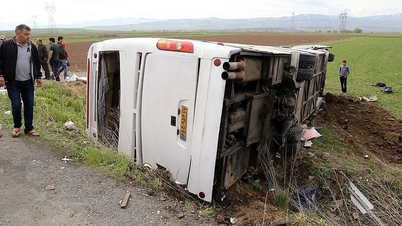







































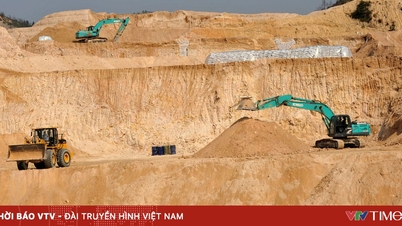



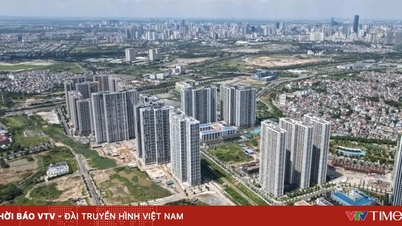



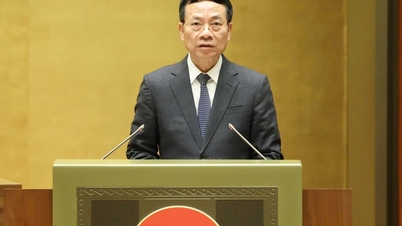
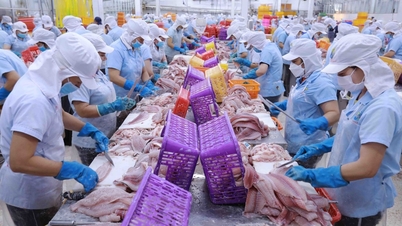

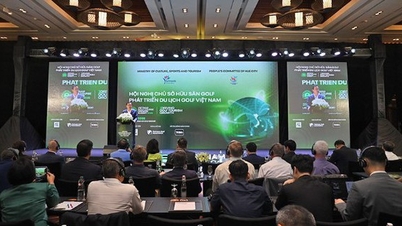

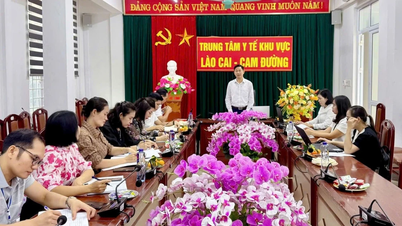























Comment (0)